It’s time for another of our authors’ Round Robins, and this month the topic is…
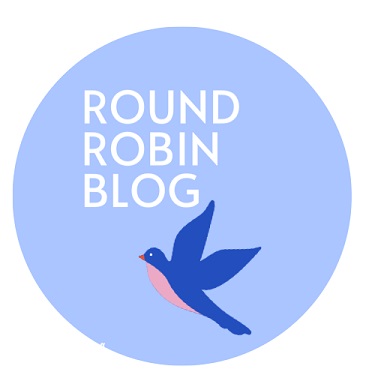
How do you develop a character who is different in personality from all the other characters you have developed, or from yourself?
If you’ve followed my blog for a while you’ll know I’m a big fan of Georgette Heyer and her Regency romances. Heyer is often written off by many as a writer of ‘romantic fluff’, but she wrote 32 novels in this genre, and one of the things I most admire about her is her ability to keep on creating different heroes and heroines for each new book.
The hero of Heyer’s These Old Shades, for example, is ‘Lord Justin Alastair, the notorious Duke of Avon, known for his coldness of manner, his remarkable omniscience, and his debauched lifestyle.’ The hero of Cotillion, in complete contrast, is ‘the kind-hearted and chivalrous Freddy Standen’, who is self-effacing and loves nothing more than a quiet life.
These are just a couple of examples, but Heyer’s heroes’ and heroines’ personalities vary widely throughout her novels.
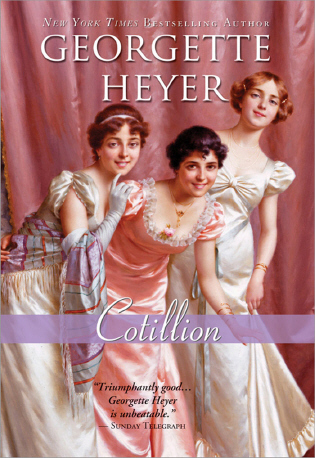
Georgette Heyer has been an inspiration to me, and I do try in my own novels not to keep writing the same characters over and over again. I advise other writers on character creation in my job as an editor, but in writing this post I’ve found it really difficult to explain how I go about it myself!
Perhaps the best way to explain is to explore one of my books, and so I’ve chosen Felicity at the Cross Hotel as an example.
Creating character tip one: inspiration
Everything starts with an idea, and I had the inspiration for my heroine, Felicity, after watching a Bollywood film called Jab We Met. The heroine of the film is happy-go-lucky, a chatterbox, sociable and loves to smile. I hadn’t written a character like this before. I loved Geet in the film, and she was my inspiration.
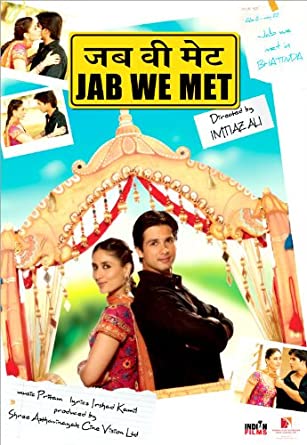
I’m not like this person at all, by the way! I’m quiet, an introvert, and would never dream of engaging every single person in a railway carriage in conversation, as Geet does, but that’s the fun of creating new characters. You can be someone you aren’t!
And so I went a step further with my heroine. My first ever heroine, Sophie in The Silk Romance, had very little money. This is something I can relate to, as I’ve experienced lots of times when money was a constant source of worry. So, in my quest to copy Georgette Heyer and have all my characters different, I consciously made Felicity the daughter of a millionaire, and someone who has no worries about money at all.
A character with no worries about money sounds like they may not be sympathetic. We all love an underdog. But I made sure Felicity had very real problems of a different sort, so that readers would feel for her.
Creating character tip two: what’s the point of your character?
I don’t find it too hard to find an idea for a character. I have lots of them! But it’s no good populating your story with random ideas, just because you like them. Your characters have to have a purpose. Since I write contemporary romance, you may say my heroine’s purpose is clear: she will meet and fall in love with my hero.
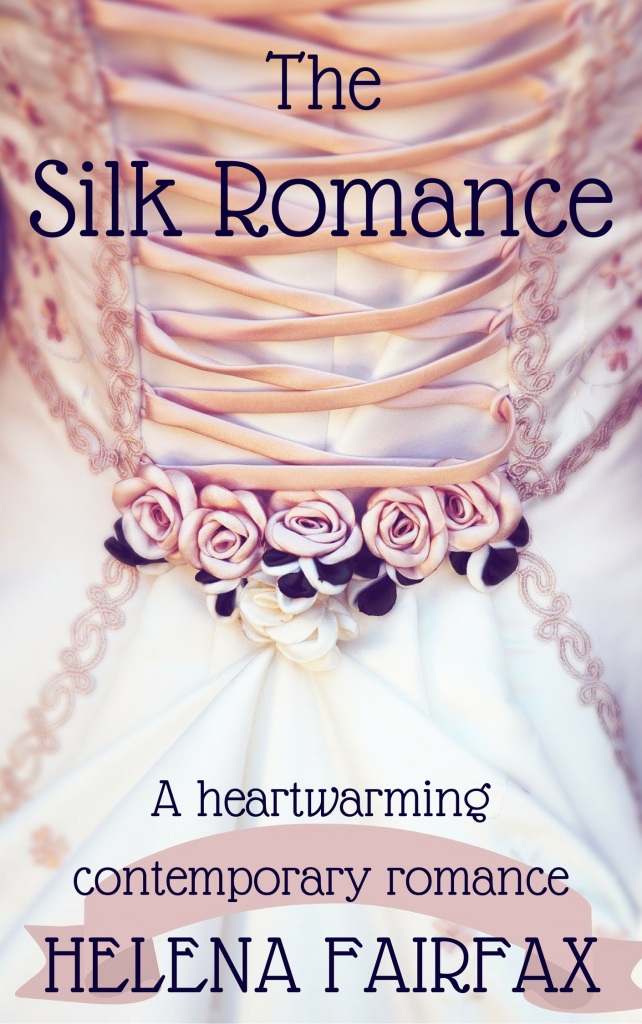
But why this particular heroine in this particular book? Why gregarious, happy-go-lucky Felicity, and not the quieter and more contemplative Sophie from The Silk Romance?
Every writer works out the basics of their story in a different way. I like to work out the cause of the romantic conflict right from the start, and for me it’s the cornerstone of my book.
So now I had a cheerful millionaire heroine. And so I made my hero, Patrick, the opposite. Unlike Felicity, he has money worries. In fact, he has a lot of worries that make him seem curmudgeonly and not in the mood to listen to what he feels is rambling chatter.
How to write a character who is different from yourself?
So with Felicity at the Cross Hotel I had two characters who are different from myself. My heroine has a different personality to mine, and my hero is different because, well – he’s a man!
Here is where I find it difficult to describe how I can begin to write these characters. The short answer is ’empathy’. Like a lot of writers, I actually enjoy putting myself in the shoes of my imaginary characters, and to be honest, the more different they are from me, the better. It’s actually fun, and interesting and exciting to be someone else.
It’s only other readers who can say if I’ve succeeded in creating realistic characters in Felicity and Patrick. Sometimes it’s hard as a writer to step outside your own story and judge if your characters are believable, and that’s where a good editor can help.
A literary agent did tell me once that she thought I’d made an excellent job of writing from a male character’s point of view in my hero, Patrick, and that she couldn’t imagine how I’d gone about it. I was really pleased she’d said this!
I enjoy picturing myself in my characters’ worlds, looking out of their eyes; I feel sympathy for their cares and problems, as well as all their joy and happiness on reaching their happy ending.
I’ve really enjoyed this month’s Round Robin. If you’d like to find out what the other authors’ take is on this topic, please click on the links below.
And if you’d like to find out more about my two characters, Felicity and Patrick, you may like to know that Felicity at the Cross Hotel is only 99p/99c on Amazon Kindle at the moment, until 30th July.
Diane Bator http://dbator.blogspot.ca/
Anne Stenhouse http://annestenhousenovelist.wordpress.com/
Skye Taylor http://www.skye-writer.com/blogging_by_the_sea
Connie Vines http://mizging.blogspot.com/
Dr. Bob Rich https://wp.me/p3Xihq-1Y4
Beverley Bateman http://beverleybateman.blogspot.ca/
Rhobin L Courtright http://www.rhobincourtright.com
Fiona McGier http://www.fionamcgier.com


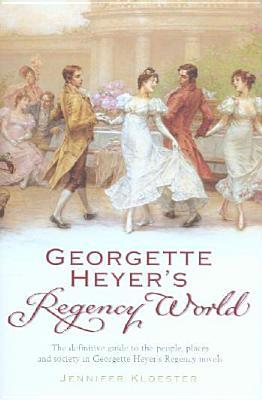
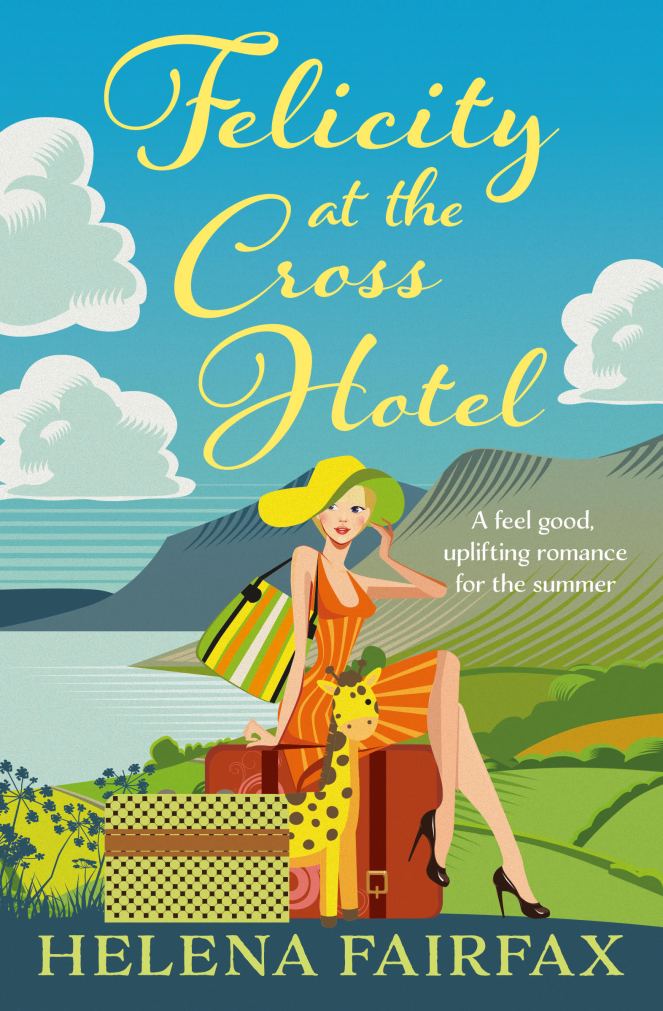
Leave a Reply